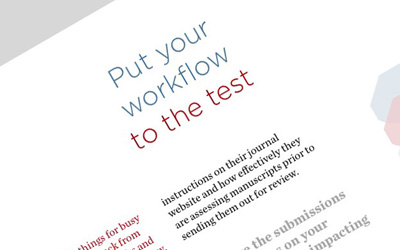
I decided to get a little ‘academic-y’ and do some research on the peer review process because when I thought about my own experience, it went something like this:
Receive prospective articles from authors
Google, email, search, scour the earth for someone (preferably multiple someones) to review said article
Wait 1-6 months for responses from prospective reviewers. Expect 50% of those asked to respond in the negative to doing the review
Ask different someones to review article
Wait another 1-6 months for responses
Hound those who did agree to submit responses in approved format for 1-6 months
Get prospective author to edit article according to the reviewers’ comments
Hopefully, hopefully, hopefully publish the article
Time elapsed: 3 months to 1.5 years
I’m clearly not the only one who has had experiences like this, in any of the publishing positions (author, reviewer, editor) but it got me thinking about the ways academics themselves understand the process. And guess what? There’s a Library of Congress subject heading for “Peer Review”. Some interesting stuff to be found–here’s an interesting book from 2004 by David Shatz that provides a critical perspective on a process that many take for granted. This one is aptly named “How To Survive Peer Review.” It’s great to see that there are people who not only are interested not only in how the peer review process works, but also how it doesn’t work. The thing is, how many of us really think about the processes in place in higher education and whether they are really working? Maybe we should inquire into the practices and processes in our daily life within academia with the same attention to detail that we do our research, writing, and teaching.
– Mary







